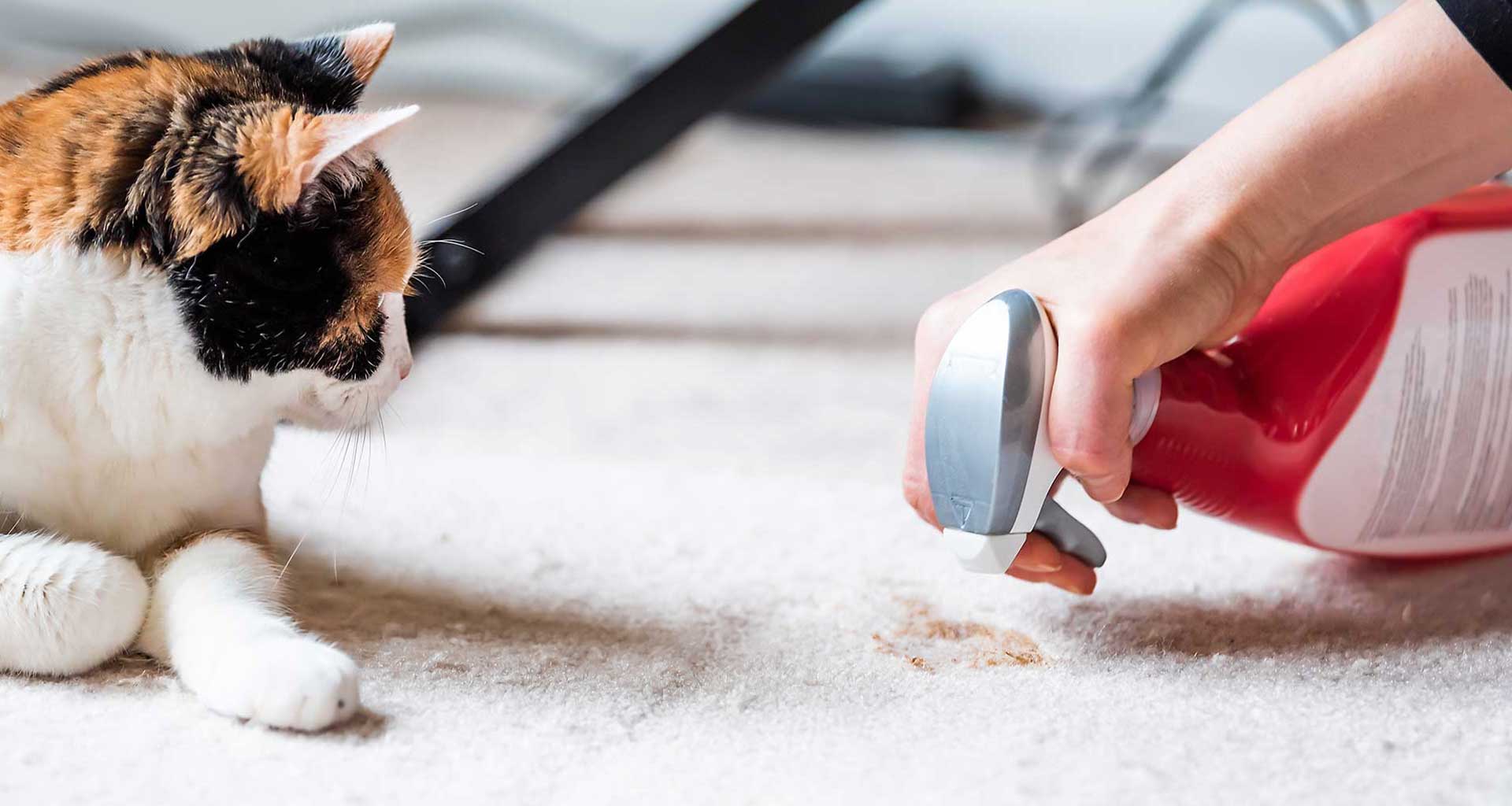The classic story of the incessant battle between ‘cat versus hairball’ has been one told through centuries. When we notice our cat trying to vomit out a hairball, it can be quite a sight to see and it can be stressful as we cannot help them. Passing small amounts of hair in vomit very occasionally can be a natural experience for a cat and one not to worry about. However, if your cat has been vomiting multiple hairballs regularly (I.e more than every month) or has been showing a range of other symptoms in a short amount of time, then this might indicate that there could be an underlying health issue. Keep a look out for the signs that your cat may be experiencing more than just the common case of a hairball.
Just as the name suggests, a hairball is simply a ball of fur that builds up in their stomach. The hair starts to gather as they groom and reduces the space available for the food they eat. This is often why food is vomited by your cat when they have a hairball. Your cat bringing up hairballs regularly or vomiting regularly is a sign that there could be a problem developing. Your feline family member could have the below health issues:
- Skin or coat problems
- Inflammatory bowel disease
- Motility issues
- Problems with their stomach or intestines
- Feelings of anxiety or stress
You may notice the below symptoms in your cat if the health issues mentioned have started to develop:
- Vomiting
- Loss of appetite
- Weight loss
- Constipation or inability to defecate
- Gagging
Witnessing any of the above in your cat calls for a trip to see your Vet. Some of the options they might recommend to you could be grooming your cat more with a specially designed brush or adding speciality pet foods that have been designed to help eliminate hairballs to your pet’s diet. However, your Vet will be able to properly assess and treat this medical issue. An important factor would be to take note of the amount of times your cat vomits and whether there is hair in the vomit. This information as well as any changes to their behaviour should be discussed with the Vet so they have all details they need to properly treat and help your cat feel happy and healthy once again!


